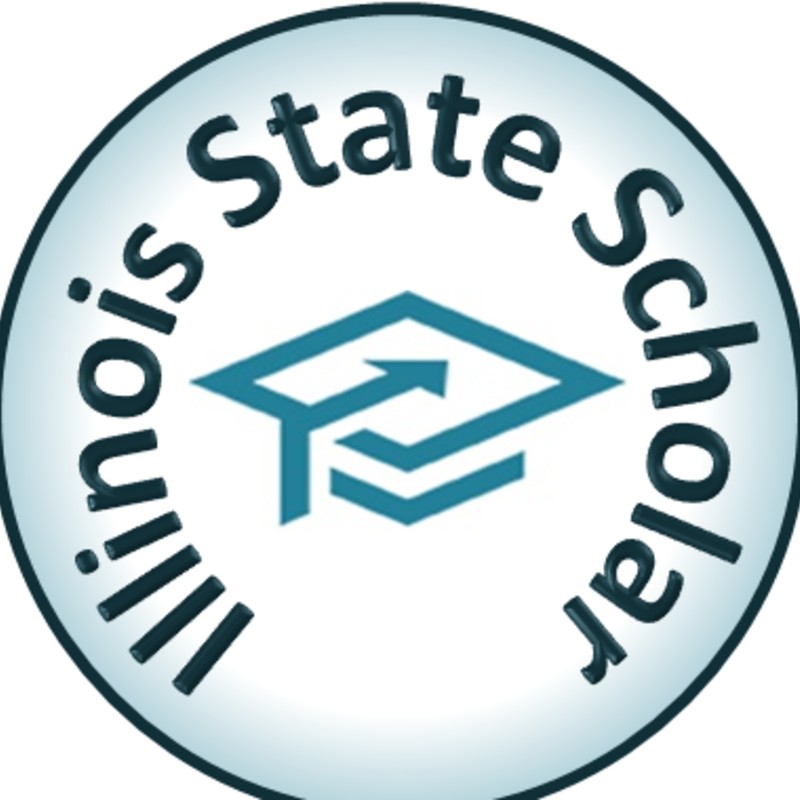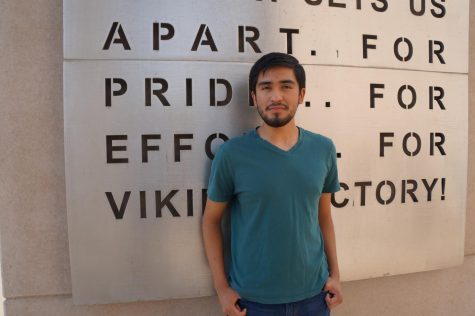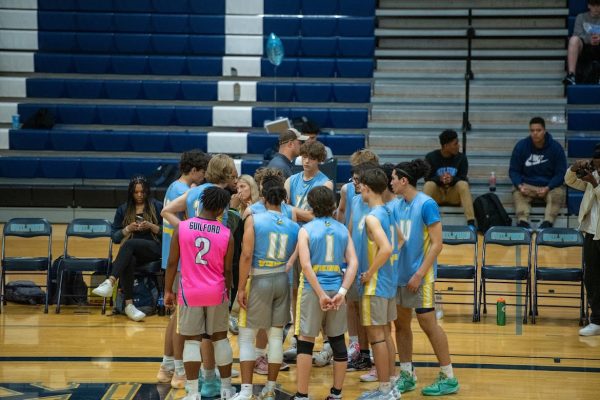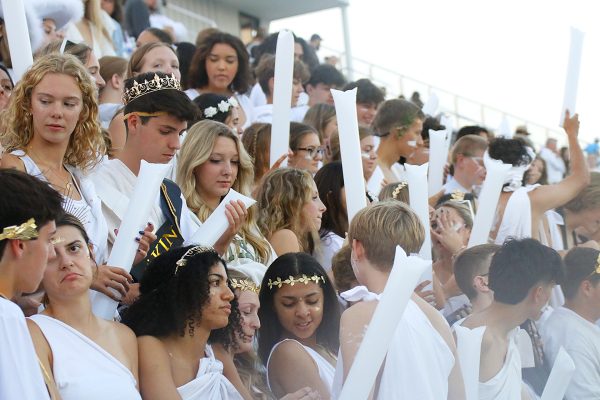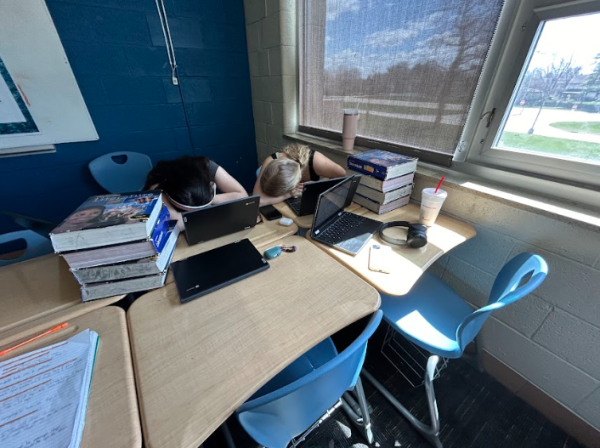Illinois State Scholars: superficial metrics, underwhelming recognition
Disclosure: The writer of this story, Anthony Paez, is himself an Illinois State Scholar.
Imagine you’re a typical Guilford student focusing yourself entirely on school and, by extension, your education. Your grades may be high, your SAT score only a hair above average, but you applied yourself well to your education for the past three years. You also participated in sports, some clubs, and even a community project, so surely your hard work must be worthy of some sort of formal recognition. After all, applications for colleges are going to close up soon, so it would be wise to quickly account for all your achievements thus far on your application.
Suddenly, it is announced which students qualified for Illinois State Scholar (ISS) status – but you aren’t one of them, despite your hard work. Neither you, nor anyone you ask, can give you a straight answer as to what exactly this means. All you’re told is that these students have the highest marks in the entirety of the state of Illinois.
This leaves you wondering, quite simply, why were your efforts and achievements not recognized? You scored within the 20th percentile of your school, but it seems not to matter. After all, no teacher nor fellow student has ever made any mention of this.
“Sometimes the students that are really high effort but just don’t score high on that test will not be recognized,” said Mrs. Jacqueline Grygiel, Production and Service Academy Counselor. “So they could have a great GPA, but if that test score doesn’t show that academic prowess, it does not sometimes work out for them.”
First created in 1957, the Illinois State Scholar program is an award given to the 10% of students who achieve the highest academic marks in the state. The Illinois Student Assistance Commission (ISAC) is the organization behind the ISS award, brought to form by state lawmakers who wanted to ensure that financial considerations did not prevent Illinois students from realizing their postsecondary educational goals and their website promotes the idea they give scholarships, grants, tuition, and family aid.
Only two things are taken into consideration for this award: a students’ GPA and their SAT score. Even if the actual calculation of the award is complex, there appear to be no other factors whatsoever that affect the outcome of this award, as it is meant purely to be a calculation of GPA and SAT scores from across the Stateline.
Extracurriculars, clubs, community service, creative endeavors, student internships, academic ability outside of simply grades and SAT scores, and other factors will not influence the results in any form. Because it’s only 10% of the entire state, being at the top of your class in terms of grades alone doesn’t guarantee recognition. A low SAT score may invalidate your high GPA, as a matter of fact.
Furthermore, the added difficulty and complexity of AP classes aren’t taken into consideration in the process in any form. The ISS program, thus far, can be boiled down to a mere superiority contest of ‘who has the highest number’ as opposed to a legitimate testament to academic achievement – a superiority contest perpetuated not by the students themselves, but by the system in which they are forced to participate.
“I didn’t know what it was at first so I didn’t really care too much,” said Mason Smith, senior. “I didn’t receive the thing saying I was part of the Illinois State Scholar program until I had already turned in all of my [college] applications and scholarships and whatnot and you can’t go back to edit them.”
A glaring issue with the ISS program is that no student is made aware of it before the announcement of said award. Out of the four qualified ISS students that were interviewed, none had any prior knowledge of it before the start of the second quarter of their senior year–the time most students would have applied to all of their major universities, which essentially nullifies its value to many ISS students who have already applied early to schools matching their already prestigious status. Furthermore, the lack of awareness just leaves those ISS students with little to no reaction when having received the award.
“I didn’t really do much about it and I got like one thing in the mail, it wasn’t really like that big of a deal,” said Abigail Foster, senior. “I think it can be helpful especially in an Illinois school, but if it’s out of state it may not be as useful, I’m not sure”.
All of this boils down to the importance of the education system. The ISS award is meant to reflect the academic prowess of certain students that are, supposedly the best within the state of Illinois. The competition is there, and students are meant to compete using their dedication, ambition, and academic prowess as a means of verifying their abilities via their grades and their SAT scores–which is all education is boiled down to.
However, this award fails to recognize in any shape or form the countless intelligent and hard-working students trudging through their school work in the advent of COVID-19 while keeping a balance of that and their personal life.
The ISS program is an unremarkable, yet highly selective, simple superiority contest, based on which student has the highest number. This nullifies its value to students who, like qualified ISS winners, are preparing for a far more desolate and hostile future ahead than any previous generation of Guilford students have ever had to grapple within the wake of the pandemic.


